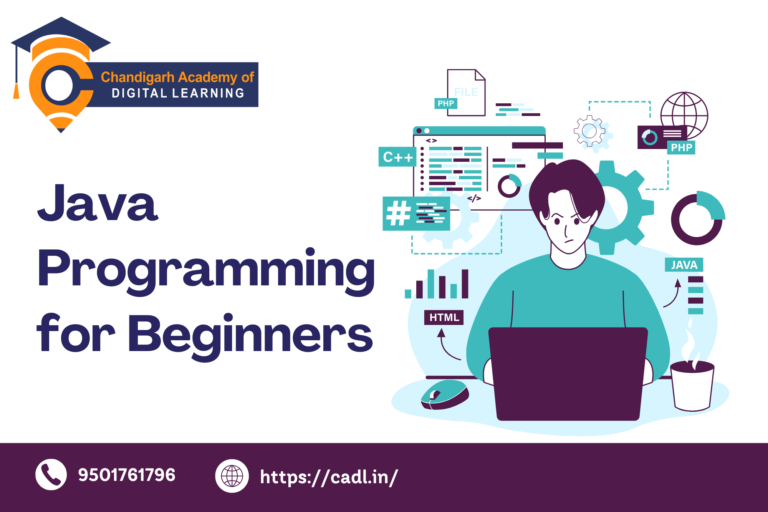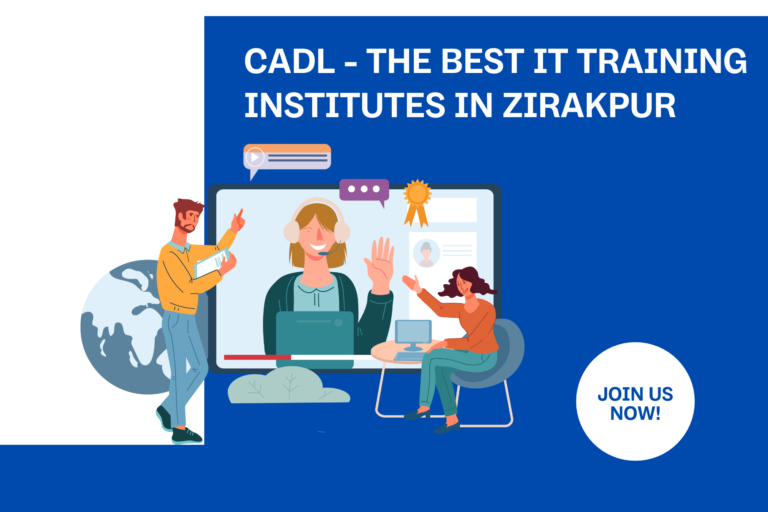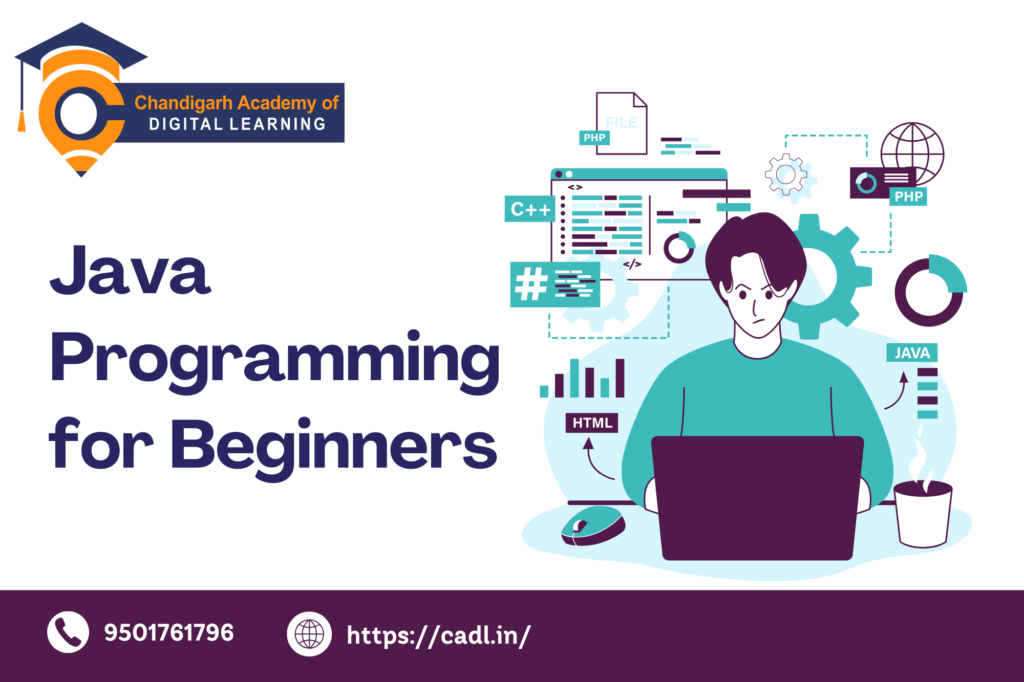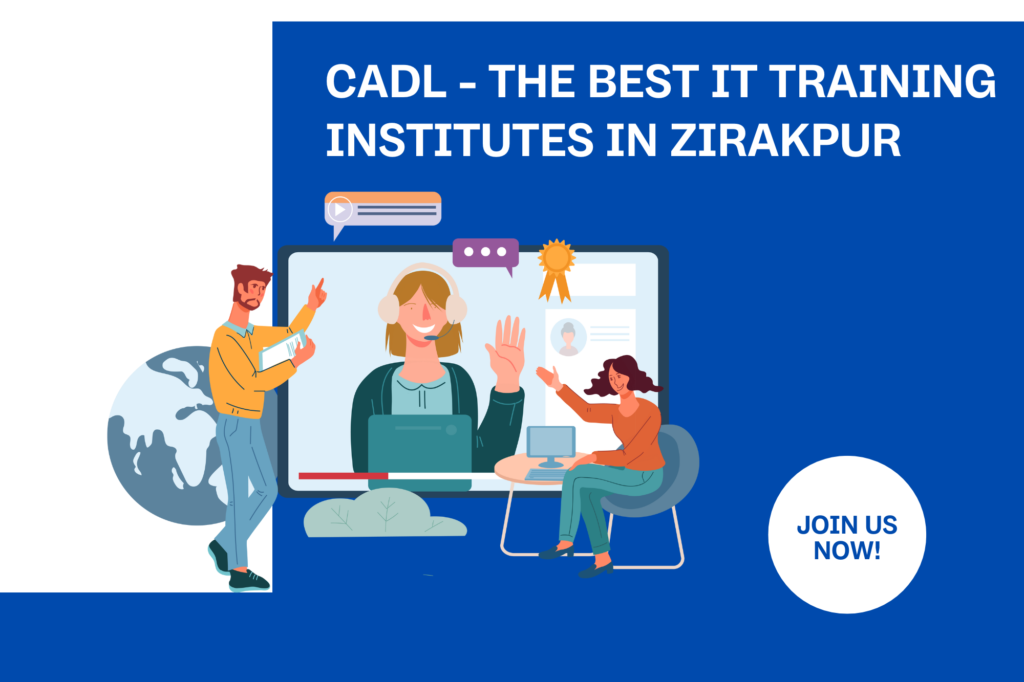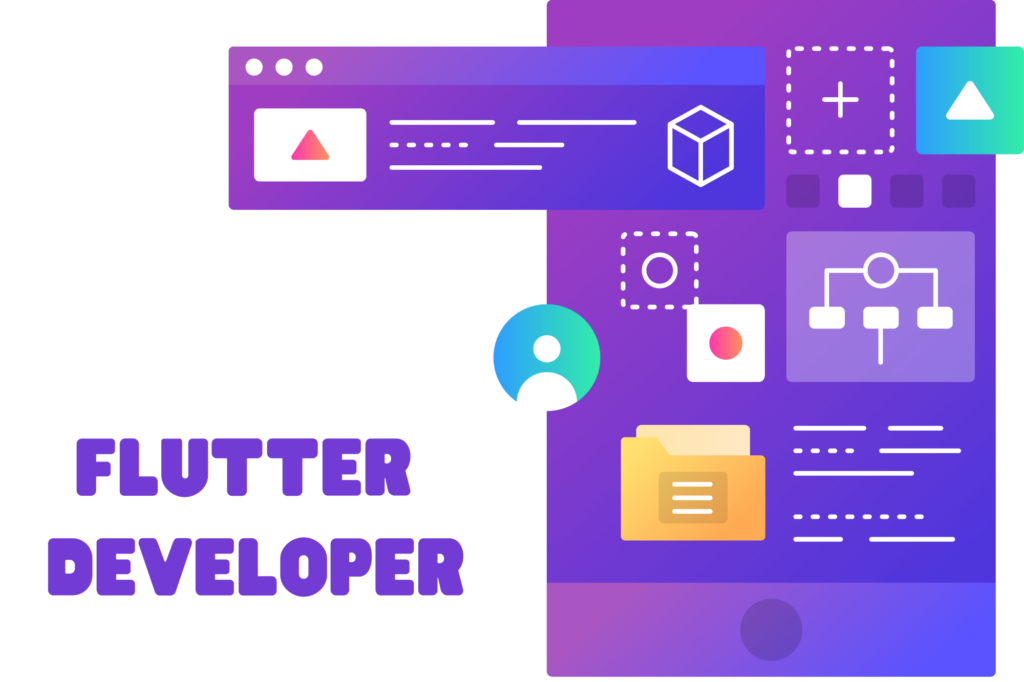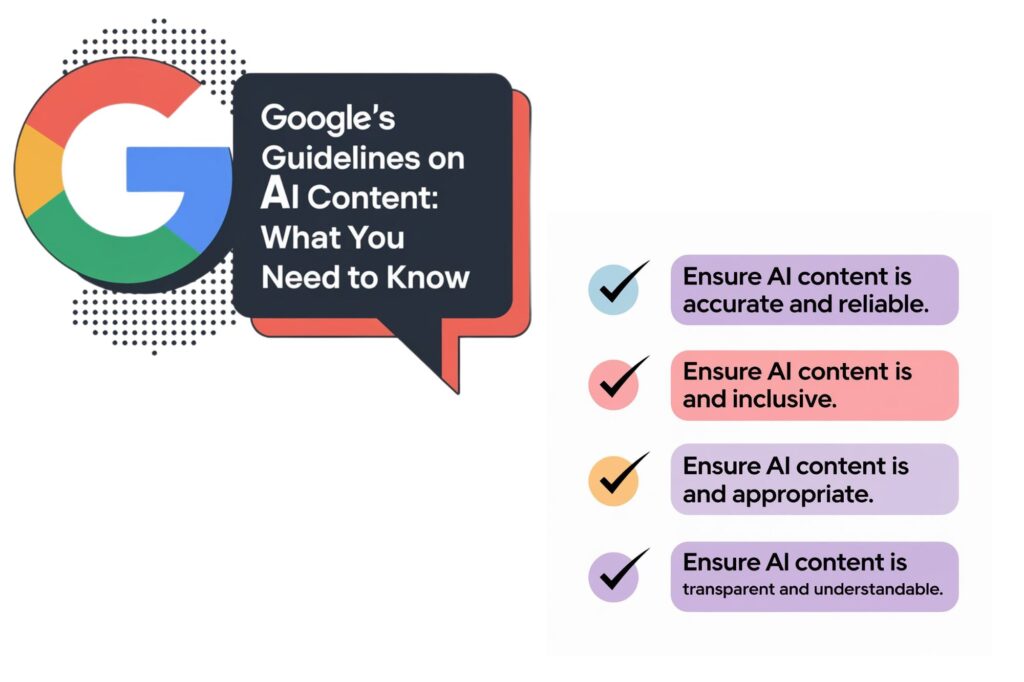Why Learn Java? Key Benefits and Career Opportunities
Java is amongst the most extensively used languages in the entire world-very versatile, secure, performing, and numerous applications go from mobile to backend systems for various industries worldwide. With this guide entitled “Java Programming: A Comprehensive Guide for Beginners and Beyond we will aim to cover those essential basics of java towards advanced knowledge that will really help beginning developers as well as mature developers to intensify expertise. Let’s get into what makes Java such a valuable language to learn and how to master it.
Why Learn Java? The Key Benefits and Career Opportunities
Java is now 20 years old. Throughout these two decades, Java has slowly but surely emerged from its status as a niche technology to becoming a solid and permanent phenomenon in the universe of technology. The best quality of Java lies in that it allows one to work on platform-independent application development. This simply means code written purely in Java could run on any device or operating system which supports Java Virtual Machine or JVM. Here’s why Java makes sense even today:
- Platform Independence: According to Java, it is possible for the application developed in Java to run from any platform without modifying it due to its “write once, run anywhere” attribute. This is one of the high advantages the developers benefit from.
- Broad Fields of Application: Java is used in very many fields. Some of those fields are as follows.
- Web Development: Java Frameworks such as Spring and Hibernate power thousands of web sites and web applications.
- Android Development: Java is the base of most mobile applications since it has a long history of use and development. Most large companies rely on it for its strength and flexibility.
- Big Data and Analytics: The Java Hadoop framework is perfect for managing big data for scientists.
- High Demand and Competitive Salaries: Java developers are well-compensated, and demand for Java skills remains high across industries.
By learning Java, you’re setting yourself up for a career in any of these fields and gaining a skill set that will continue to grow in value.
Set up your Java Development Environment
You should configure the JDK and download an Integrated Development Environment.
- Download the JDK: A JDK is a software package that contains all the tools to compile as well as execute your Java program; it consists of a Java compiler and the JVM. It is absolutely free and can be downloaded on Oracle’s site.
- IDE: Select from the List Below Other popular IDEs include
- IntelliJ IDEA: Friendly interface, extensive functionality.
- Eclipse: General IDE. Widespread support and preferably free. Uses robust debugging.
- NetBeans: Yet another free option. User-friendly for beginners but also welcomed by experienced programmers. JDK + IDE setup later; you could start coding Java now.
Understanding Java Syntax and Core Concepts
Java syntax is highly uncomplicated and easy to get started with, compared with the C++ and C# languages. So here’s the basic knowledge for you to go ahead.
Variables and Data Types
In a Java program, all the variables are meant to store data, and all the variables carry a data type, which tells what kind of data it can hold-for example, integers, floating-point number, or strings.
java
int age = 25;
double salary = 55000.50;
String name = “Alice”;
Java Operators
Java uses operators to execute arithmetic and comparison operations. These are;
- Arithmetic Operators (+,-,*,/,%)
- Relational Operators (==,! =,>,<,>=,<=)
- Logical Operators (&&, ||,! )
Control Flow Statements
Java’s control flow statements aid you to control the sequence of your program;
- If-Else Statements: It is used for decisions
- Switch Statements: The flow of the program branches when a single variable holds one of several values
- Loops: Java permits the use of three looping statements, namely:for, while, do-while.
From this foundation, more advanced applications are constructed.
Object-Oriented Programming
A class-based object-oriented programming language. This mainly means that, basically speaking, it is based on the concept of objects. Objects own data and behavior, thereby keeping the code a lot more module, and easy to understand, too.
Classes and Objects
Basically, a class is just a design that births objects, and an object is just the instantiation of a class.
Example:
java
public class Dog {
String breed;
int age;
public void bark() {
System.out.println(“Woof!”);
}
}
Dog myDog = new Dog();
myDog.breed = “Labrador”;
myDog.age = 3;
myDog.bark();
Key OOP Principles
Java implements four major principles of OOP:
1. Encapsulation – Data bundling with methods operating on the data inside one unit usually called a class.
2. Inheritance : This permits a class to inherit fields and methods belonging to another class, further encouraging code reuse.
3.Polymorphism : This facility enables a single interface, controlling access to different kinds of data.
4. Abstraction : It hides complex details of implementation and exposes the necessary aspects to the user.
Mastering these principles is important to ensure that the application is maintainable and scalable.
Building Your First Java Program: “Hello, World!”
Creating a “Hello, World!” program is the first step in learning any programming language.
public class HelloWorld {
public static void main(String[] args) {
System.out.println(“Hello, World!”);
}
}
Explanation:
Class Definition: public class HelloWorld declares a class named HelloWorld.
Main Method : public static void main(String[] args) is the entry point of any Java application.
Print Statement: System.out.println(“Hello, World!”); prints text to the console.
Save it as HelloWorld.java, and compile using javac HelloWorld.java then run using java HelloWorld to get output.
Advanced Topics in Java for the Intermediate Programmers
You know the basics now. Its time to deal with more advanced stuff.
Java Collection Framework
The JCF offers an integrated framework of collections of objects. Following are some basic elements of the JCF.
- List: Sorted collections, ArrayList and LinkedList.
- Set: Unsorted collections of distinct elements like HashSet.
- Map: Classes such as HashMap and TreeMap use key value pairs.
Multithreading and Concurrency
It supports multithreaded applications; that is, it allows multiple threads to be running simultaneously. This is an important requirement for applications needing to perform several tasks concurrently.
Example:
public class MyThread extends Thread {
public void run() {
System.out.println(“Thread is running.”);
}
}
MyThread t = new MyThread();
t.start();
Exception Handling
Java’s exception handling mechanism catches and manages runtime errors to maintain application stability. You use try, catch, and finally blocks to handle exceptions.
Mastery of Java Programming: Suggestions and Resources
The way to master the language is through practice and patience and a well-researched learning strategy. Here are some resources that can be used for boosting your learning speed:
- Practicing with Real Projects: Try working on a project of interest to you, like a simple calculator, a to-do list application, or even just a chat app.
- Join Java communities. Stack Overflow, GitHub, and Reddit are platforms where you should seek answers to questions, post your projects, and learn from others.
- Use Online Learning Platforms: Websites such as Coursera, edX, and Codecademy offer courses in Java programming.
- Read books on Java: Effective Java by Joshua Bloch, Head First Java by Kathy Sierra, etc.
Conclusion:
The process of becoming an expert in Java programming is highly rewarding, from basic concepts to advanced ones such as OOP, collections, and multithreading. As a result of its broad applications in mobile development, backend programming, and big data, Java is indeed a treasure in today’s job market. In Java Programming: A Comprehensive Guide for Beginners and Beyond, this full course will let you sign up for a Java programming course in Zirakpur to learn all about the basics of Java to very complex projects and even a professional career.


